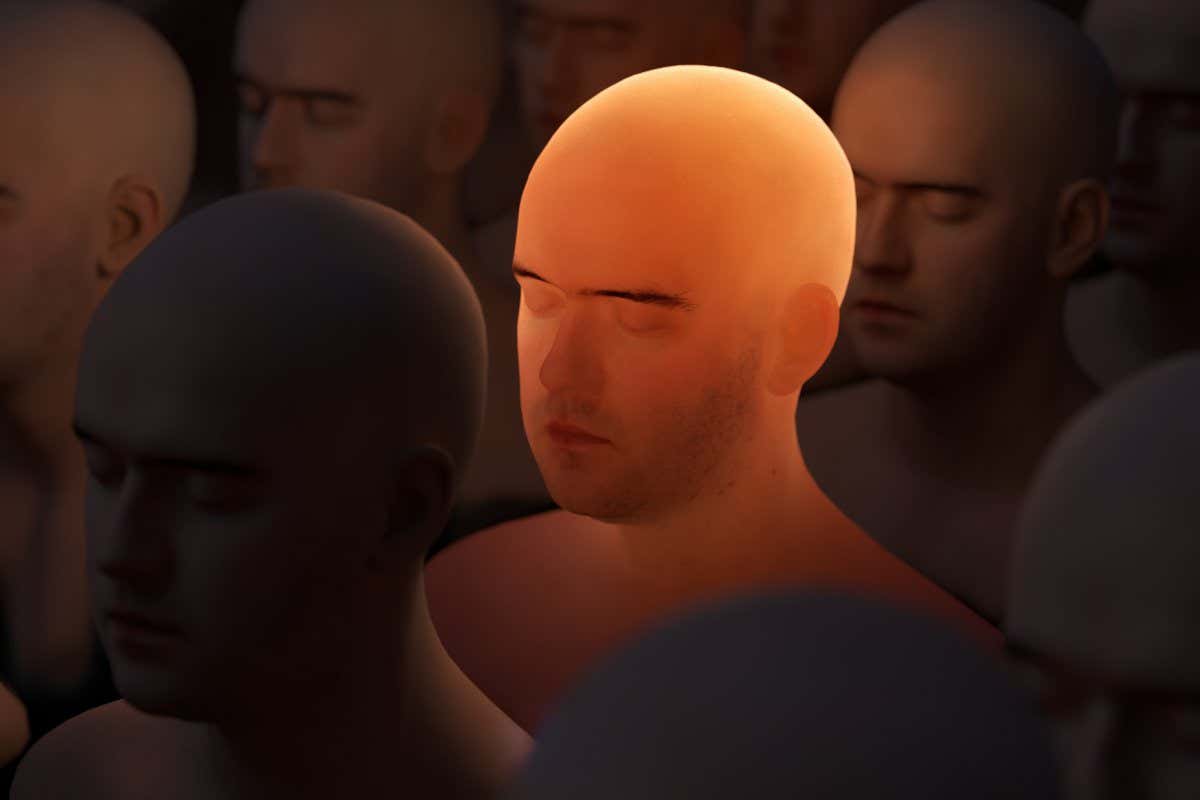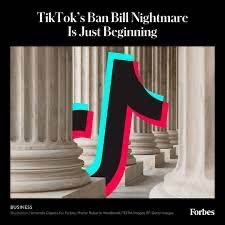In Edward Ashton’s novel Mickey7, Mickey gets a shot at immortality by uploading his consciousness, but at what cost, asks Sally Adee
Humans 9 February 2022
By Sally Adee
Died at work? Just load your mind into a new body and finish the job
Shutterstock / Photobank.kiev.ua
Mickey7
Edward Ashton
St Martin’s Press (out in the US on 15 February and in the UK on 17 February)
Advertisement
IT WASN’T that long ago that sci-fi creators were more starry-eyed and optimistic about the prospects of tech companies keeping our best interests at heart. In 2016, Black Mirror, the TV series whose dark speculations defined the late 2010s, released an unusually upbeat vision of digital immortality in which a dying woman uploads her mind to a global megacorp’s server farm and lives her best life online in perpetuity.
The idea of uploaded consciousness has long been an object of fascination in science fiction. Neal Stephenson spent several hundred pages of his 2019 triumph Fall; or, Dodge in Hell on a gonzo hallucinatory riff recounting his protagonist’s transition into life in silico. Yet, Stephenson’s artistically muscular depiction failed to answer a central question: is it a goal that’s worth pursuing, even in theory? Edward Ashton’s Mickey7 is the first novel I have come across that properly explores the philosophy behind that question.
In the book, titular Mickey escapes a grim life on his home planet by signing on to a mission to terraform a new one. He has no skills to offer, so he applies to be the ship’s “Expendable”, a disposable employee who specialises in dangerous tasks that often prove deadly. The only perk of the job is that no matter how often he is killed, he is uploaded into a new body to carry on his work. “The way they sell you on becoming an Expendable is that they don’t call it becoming an Expendable,” Mickey muses. “They call it becoming an Immortal.”
The ideal version of immortality is as a seamless continuation of the self. But will Mickey2 – or Mickey7, the incarnation we meet in the story – be the original Mickey or just an accurate copy? The hiring manager for the terraforming mission is deliberately ambiguous on this point. As the plot unfolds, Ashton artfully illustrates how this conceptual fuzziness benefits the corporations that make digital immortality their business.
When Mickey’s eighth instance is mistakenly decanted while Mickey7 is still alive, he wakes up to the fact that he has had the wool pulled over his eyes. It is the best illustration of the problem of digital immortality I have read: simple, fast and fun, laying out complicated concepts in an accessible way. Yet beneath the breezy tone lies a vision with harrowing implications.
“It is easy to envision the business case for digital immortality that is anything but customer-centric”
Black Mirror’s megacorp was seemingly able to monetise giving its customers a pleasant digital ever after, but it is easy to envision the business case for digital immortality that is anything but customer-centric. For the full bleak take on this, I refer you to Lena, a short story by Sam Hughes under the nom de plume “qntm”, which was published online in 2021 and is already on its way to being upload canon. After a neuroscience grad student agrees to have his consciousness copied by his university research lab, the initial techno-optimism fades into dystopian despair in ways that feel laceratingly plausible.
Given the prevailing direction of our society, the Black Mirror episode looks almost quaint in its optimism. But whether a life in the digitised beyond feels like heaven for the minds that inhabit it or like a corporate-branded version of hell, Mickey7 makes a good case that any human who decides to upload themselves will be just as dead as anyone else who has ever lived and died.
Lena
qntm
A well-meaning neuroscience grad student donates his digital consciousness to science, a decision he may find he “lives” to regret.
Fall; or, Dodge in Hell
Neal Stephenson
William Morrow Speculative science fiction looking into the near future of the US. Like a more emotionally healthy, post-cyberpunk Succession.
More on these topics:
































